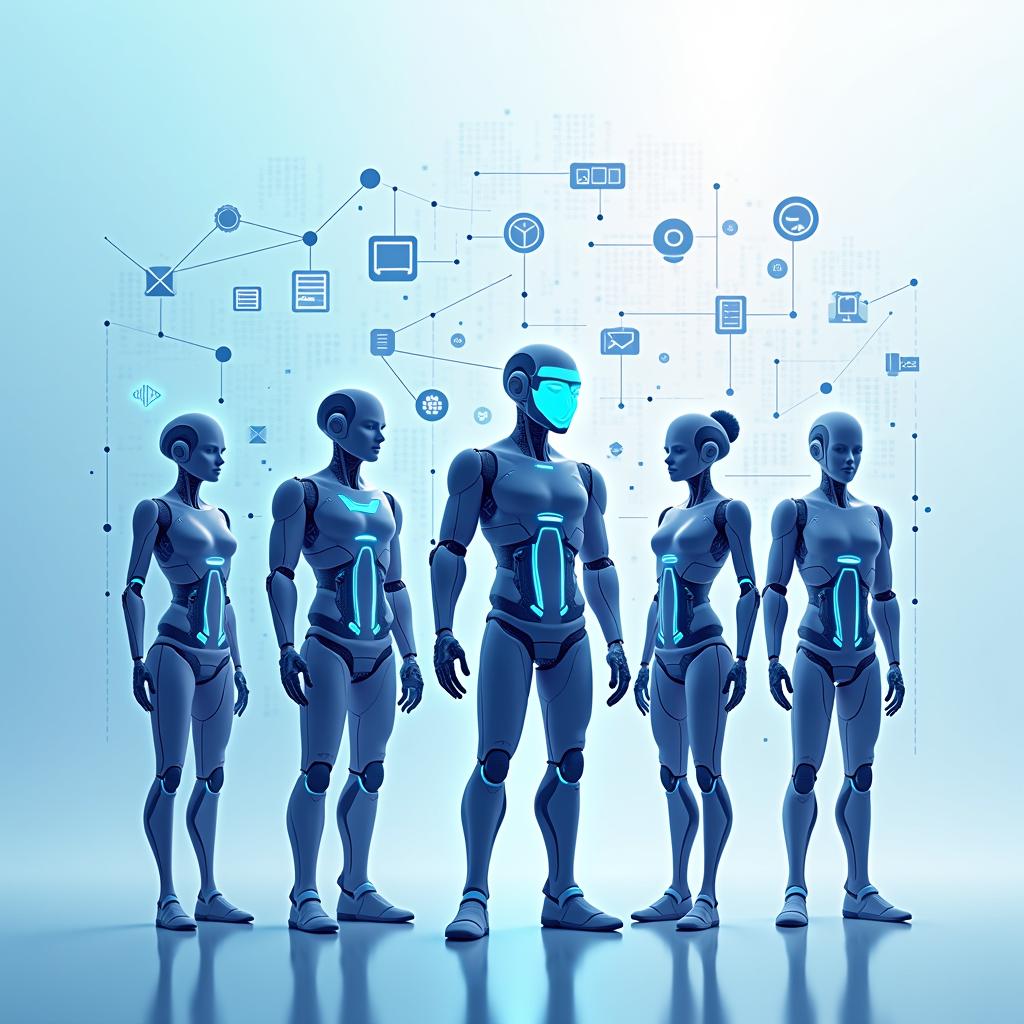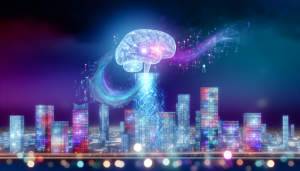Artificial Intelligence (AI) has revolutionized the way we interact with technology, and agents play a crucial role in this transformation. An AI agent is essentially a system that can perceive its environment, make decisions, and take actions to achieve specific goals. Think of an AI agent like a smart assistant that can analyze situations and respond intelligently.
Reactive Agents
Reactive agents are the most basic type of AI agents. They operate on a simple stimulus-response mechanism, making decisions based on immediate input without maintaining any internal memory of past interactions. Imagine a smoke detector that instantly triggers an alarm when it detects heat or smoke – this is a classic example of a reactive agent. These agents are quick and efficient but lack the ability to learn or plan long-term strategies.
Model-Based Agents
Unlike reactive agents, model-based agents maintain an internal representation of the world. They keep track of the current state and update their knowledge base as they interact with the environment. A great example is a GPS navigation system that continuously updates its route based on real-time traffic information. These agents can handle more complex scenarios by maintaining a “memory” of past interactions and using that to make more informed decisions.
Goal-Based Agents
Goal-based agents are designed to achieve specific objectives. They don’t just react to current circumstances but actively plan and strategize to reach a desired outcome. Chess-playing AI is a prime example of a goal-based agent. The system analyzes multiple potential moves, predicts outcomes, and chooses the path most likely to result in winning the game.
Utility-Based Agents
These sophisticated agents go beyond simple goal achievement by evaluating the potential value or utility of different actions. They can make nuanced decisions by considering multiple factors and selecting the option that provides the maximum benefit. Financial trading algorithms are excellent examples of utility-based agents, as they analyze numerous variables to make investment decisions that maximize potential returns.
Learning Agents
Learning agents represent the most advanced category of AI agents. They can improve their performance over time by learning from experience and adapting their strategies. Machine learning algorithms that power recommendation systems on platforms like Netflix or Amazon are perfect illustrations of learning agents. These systems continuously refine their suggestions based on user interactions and preferences.
Practical Applications
AI agents are transforming multiple industries. In healthcare, diagnostic agents can analyze medical images and suggest potential treatments. Customer service chatbots use reactive and learning agent technologies to provide instant support. Autonomous vehicles rely on complex model-based and goal-based agent systems to navigate safely.
The future of AI agents is incredibly promising. As machine learning and computational capabilities advance, we can expect agents to become more sophisticated, adaptable, and capable of handling increasingly complex tasks across various domains.
Understanding these different types of AI agents helps us appreciate the intricate ways artificial intelligence is being developed to solve real-world problems, making our interactions with technology more intelligent and intuitive.



